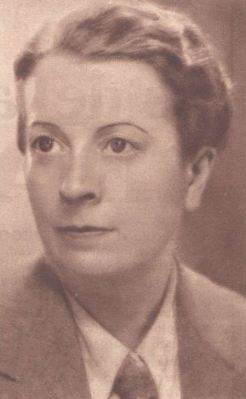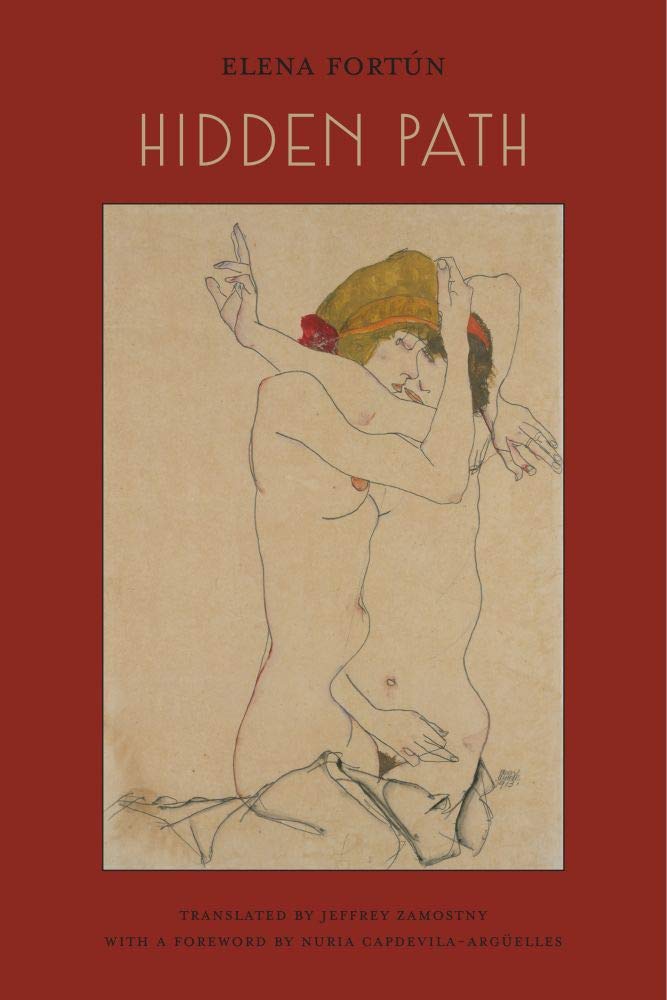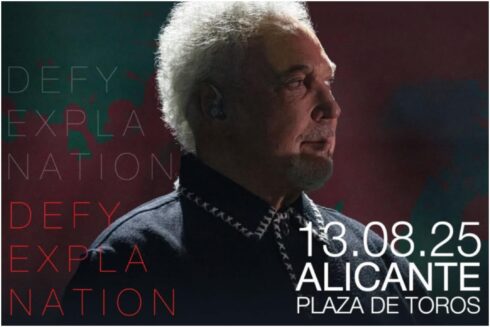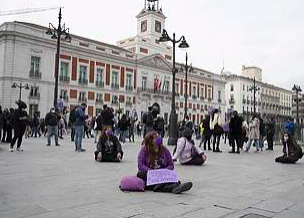MORE than 75 years after its conception, Elena Fortun’s secret Sapphic novel is coming out in English.
Written during her exile in Argentina between 1939-1948, Occulto sendero (‘The Hidden Path’) follows the journey of a female painter called Maria Luisa Arroyo as she transitions from sailor suit-wearing tomboy to independent portrait artist in Madrid’s queer circles.
In tune with the times, Fortun, whose real name was Encarnacion Aragoneses, considered her own homosexuality an ‘inversion’ and struggled to understand it.
She wrote The Hidden Path under the alias Rosa Maria Castaños, but not even pseudonymity could give her the confidence to publish the scandalous, autobiographical work.
“Elena did not even dare take the book to an editor because of the content. Reading it shows us how she was discovering more about herself,” said Nuria Capdevila-Argüelles, Professor of Hispanic Studies and Gender Studies at The University of Exeter.

At the time of Fortun’s death, one copy of the manuscript was in New Jersey and another was in Buenos Aires.
Both were brought back to Spain in the late 1980s by a lecturer from Cadiz University who felt unable to approach Fortun’s lesbianism.
Fortunately, the masterpiece was rediscovered by Capdevila-Argüelles and published in Spain in 2016, where it won El Pais book of the year.
“Reading the manuscript for the first time was one of the most important moments of my academic career. I was not reading a draft, it was a finished, wonderfully finished, autobiographical narrative that filled in so many silences about Elena Fortun,” Capdevila-Argüelles told the Olive Press.
The Exeter professor, who has edited several volumes of Fortun’s letters, described the bildungsroman as a ‘hugely significant feminist testimony’ and said that it would be an excellent book for schoolchildren.
“Just like The Catcher in the Rye or The Adventures of Huckleberry Finn, this novel, like Fortun’s Celia series, will be loved by young people. It offers a mirror in which experiences of sexual and gender unorthodoxy are contemplated and validated,” she told the Olive Press.
The English edition is sponsored by the Spanish Ministry of Education and was released on March 1 by Swan Isle Press, translated by Jeffrey Zamostny.









